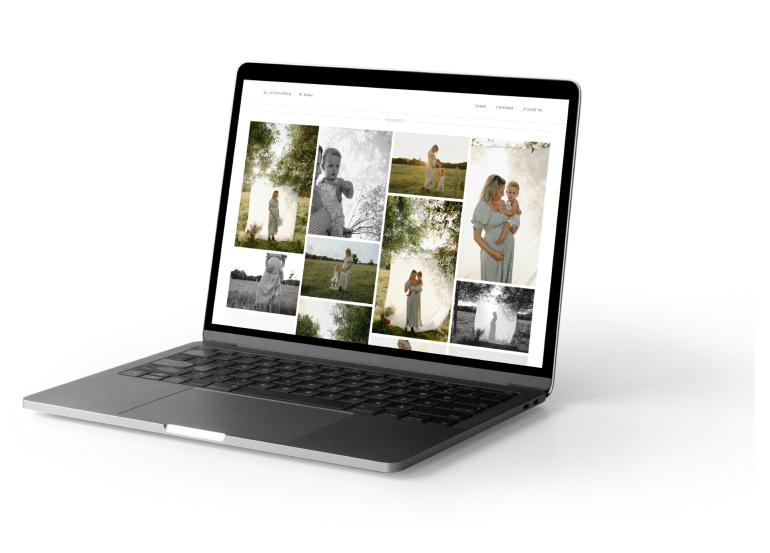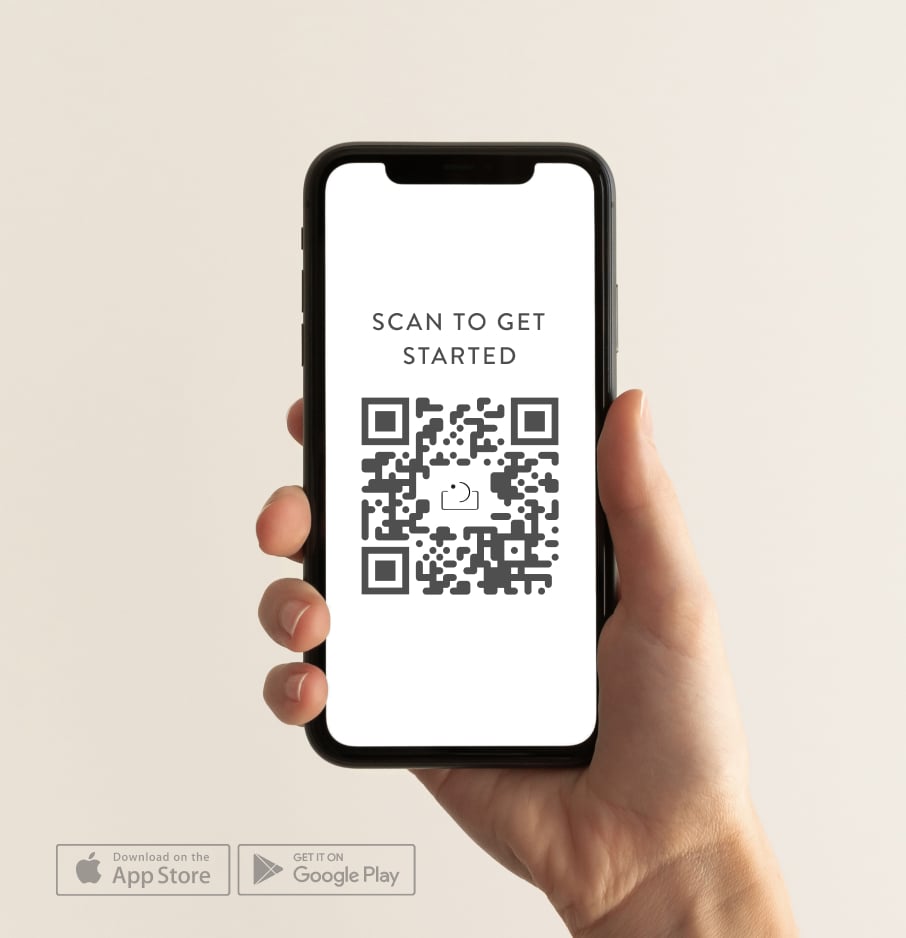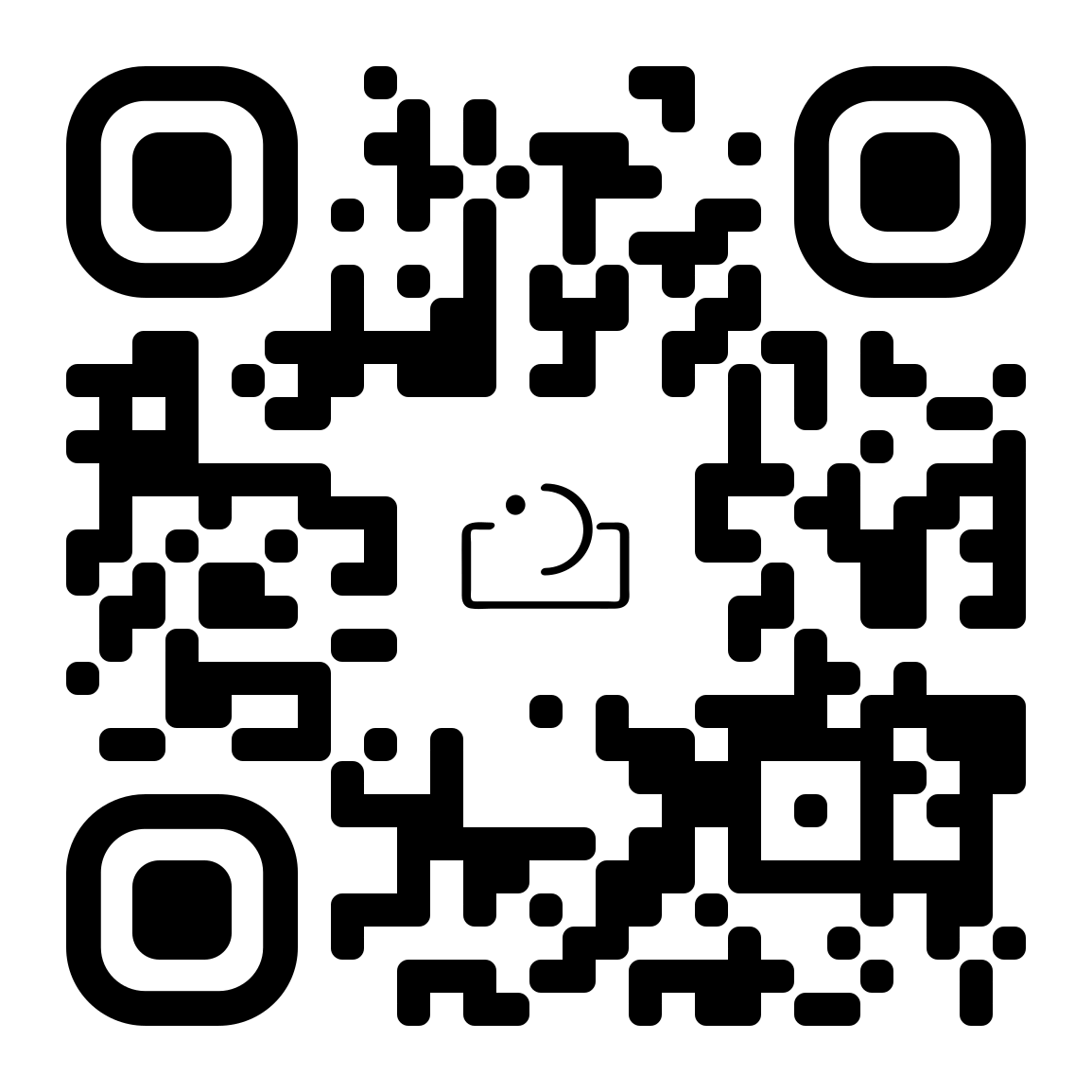Here at Unscripted we stand up against racial injustice. We commit to speaking up and using our platform to amplify marginalised voices. We commit to educating ourselves on systemic racism and how we can actively fight against it. We acknowledge the need to promote more diversity on our app and social channels and are committed to celebrating and showcasing black and brown talent. Join us, lets stand up for what’s right- together we can do more. - The Unscripted Team
Calling out the photography industry
Written by @SPIRITOFREVELRY
Hi! We're Saori and DeVante, wife and husband wedding photographers based out of Houston, TX. To accurately describe our individual racist experiences, we'd have to write an entire memoir. However, here's a small glimpse into our lives as POC living in America. My name is DeVante Terrell. I'm a 6'3'' 250 pound black man. Two of the last three times I was pulled over by a cop, I had a gun drawn on me immediately. Women clutch their bags when I walk by. People cross the street to avoid me. People lock their car doors when I'm nearby. However, I'm a big teddy bear. If I could spend all day with my wife under my weighted blanket watching cartoons, I would.

I'm Saori, and my maiden name is Hernandez. That alone tells people that I'm Mexican and that I'm on the wrong side of the border. Dealing with racism started early for me. I remember being 8 years old, walking through the grocery store with my dad, and hearing the word "wetback" being shouted at him aggressively. I distinctly remember my closest friend in grade school making fun of my Mexican pig nose (as she graciously called it) and my brown skin. I remember being so humiliated when my grandparents showed up in the classroom wearing their traditional Mexican attire and the entire class mocked them. This may not seem like much, but I'm not ready to dive into the deeper stuff just yet. Throughout my life, I was taught to "whiten up" and dilute every bit of my culture in order to become more "American." But here I am, proudly owning my skin, my nose, and my culture wherever I go. We're in a biracial marriage. It's 2020 and people STILL give us dirty looks when we're out in public. Hope this puts it into perspective!

We need to talk about some very unfortunate things that we've seen in the photography industry that have been perpetuating racism. We're here to provide you with some ideas, different insights, perspectives, and strategies you can implement to effect change and dismantle this thing from the inside out. Cause we can tell you one thing... it's gonna take more than a black square on your feed to #amplifymelanatedvoices. So if you want to be part of the solution, keep on reading!
The first thing we have to discuss is the "Muted Movement" we've been seeing on social media. The intended purpose is to silence non-POC accounts to give way to the voices and stories that need to be heard during this time. Well, it's not enough. Simply posting a black square on your feed or muting your account doesn't mean you get to absolve yourself or wipe your hands of any other responsibility to dismantle systemic racism.
Other ways you can support the cause is to check your own bias. A non-racist person often says that "they don't see color." An anti-racist person sees and acknowledges that racial inequalities exist. They see the pain of the oppressed. They take action. Speak and actively fight against it. Donate. Vote. Call government officials and demand change. Speak the hell up. Educate your friends and family. Read. Learn. Support black-owned businesses. You need to do more outside of social media.
One of the American activists we follow closely that we feel represents us well is @shaunking. Some organizations we support wholeheartedly are the @naacp @aclu_nationwide @colorofchange @blklivesmatter @showingupforracialjustice. Here is a great link for books to read. https://culturallyresponsiveleadership.com/antiracistbooks/

We highly encourage that you take the initiative to educate yourself and unlearn centuries of racial bias. It is not okay to put that burden on BIPOC and expect them to educate you. This is going to be part of your own personal development process. Your journey to become anti-racist begins and ends with you. If you have friends that are making racist jokes, find better friends. Check them, call them out. It doesn't matter how you go about it, as long as you do SOMETHING. And honestly, one of the best ways to learn about black culture is to dive in. Befriend more black people. Listen to more black music. Learn black history the way we were all forced to learn "white" history in grade school.
Speaking of which. If you are a content creator of any kind, with any type of platform, with any amount of followers with listening ears, you are absolutely obligated to speak on these issues. It's not about politics, nor is it about bipartisanship. This is a human to human issue. This is about human rights. Black people need you to use your platform, therefore silence is violence. Our suggestion for white photographers who are confused about what to post, is to simply own up to their failure. Take responsibility for the ways you failed to represent communities and love stories of color. Publicly commit and pledge to make a permanent change. This is not a trend, so please do not treat it as such. Make a real effort to photograph and portray black and brown humans the same way you glamorize blonde, fair-skinned couples. Share anything and everything that you find helpful on your anti-racist journey on your feeds and with your friends.
Our industry as a whole needs to stop featuring events or weddings that take place at old slave plantations. It doesn't matter how "elegant" or "charming" the property owners claim it is. The grotesquely horrifying events that endured for centuries are a part of history that can never be forgotten or ignored. How can people celebrate their "fairytale wedding" at a place where our great-grandmothers were raped and exploited? Where our great-grandfathers were publicly tortured and lynched? How can business owners STILL capitalize on our deep pain and trauma? America still refuses to recognize the need to pay reparations to formerly enslaved families. People are up in arms about it. They refuse to acknowledge this fact. There is no way to justify or honor our history without action. We should demand that giant wedding platforms stop featuring venues, weddings, and events that were held at these places. It's a spit in the face to our history.
The next thing you can do is to call out other fellow photographers and creatives in your area to promote more diversity. Even if you live in a province in Canada where the population is predominantly white, it doesn't matter. Social media gives us all a reach that is unlike any other we've had in history. Challenge your network of creatives, even if it makes them uncomfortable. We need more diversity, more inclusion of BIPOC (black, indigenous, people of color). The lack of diversity in your feeds is discouraging and disappointing. So please, make it a point to promote and showcase more black and brown love. One of the ways you can do this is by planning a styled shoot (which we all love to do anyway, right?) and highlight black and brown couples. I guarantee it's going to encourage more BIPOC to work with you and help them feel safe and welcome.

On that note, please make an effort to learn how to edit melanated skin! We couldn't tell you how many photos we've seen with atrocious editing of black and brown people. Their skin is too orange, lips are too purple, the white of their eyes look too yellow... It's bad. If you need help, hit us up! We'd be happy to give you some pointers.
The next thing we need to do is call out giant feature accounts that have an enormous network of brides, vendors, etc, that are trying to connect and find each other. However, there is a complete lack of representation. BIPOC on both sides of this industry need their support and their platform. They NEED to showcase and promote more diversity. We can scroll through their entire feeds and count on one hand how many people of color they have.
To our publisher friends in the industry, be intentional and transparent about what kinds of submissions you're seeking. As we mentioned earlier, you should acknowledge your shortcomings (in terms of inclusivity). Announce that you want to do your part in promoting more diversity, and ask your audiences to join you. There is no way to fluff it up or make it sound like less of what it is. The most important attitude to show is EXCITEMENT about seeing more black and brown love!! Use joyful, compassionate, and encouraging speech in regards to this topic. Show anticipation and ADMIRATION by using loving, happy, and excited adjectives to describe every BIPOC couple and family we see.
It's time to show the world how beautiful, non-threatening, and non-violent our black and brown brothers and sisters are. The media has portrayed us as dangerous, thugs, criminals, and obscene members of society for too long. Let's start glamorizing and romanticizing these black and brown love stories! We are in the business of humans, after all.
White love is not the end all, be all. This applies to non-feature accounts as well, just normal photographer accounts who don't have hundreds of THOUSANDS of followers. Regardless of who you are, you have to promote more diversity and exemplify it in your communities.
This next topic is SO important. We have a friend who reached out to a big-time wedding photographer, but turns out, the photog didn't have her date available. She sent our friend a list of referrals, and not one of them was a person of color. It was such a shame to see. WE HAVE TO DO BETTER. This is such a giant, oversaturated industry, and there are so many avenues you can take to endorse black and brown vendors. Just think of how many categories there are to promote! DJ's, videographers, caterers, florists, planners, hair and makeup artists, etc. Black and brown business owners deserve all the support they can get.
Finally, we want to discuss some of the fun "challenges" we saw during the quarantine in the photography/ content creator community. These challenges called for people to tag their dream photographers. All we ended up seeing was white photogs being tagged, nominated, and featured, but what about the rest of us? We exist, too. So I want to challenge you all today to find and connect with more BIPOC artists, creatives, and vendors for the sole purpose of following, supporting, and promoting them whenever you get the chance.
I promise it won't take anything away from your own talent or creativity or your market. We are not your competition; We are part of our community. Please accept this challenge!
Thank you so much for reading, becoming informed, and supporting the cause. Your willingness to help is where it all begins. We encourage you to share this post with your industry friends and be a part of the ripple effect that creates change in our industry. We've seen so many people asking and pleading, wondering what they can do to change up their business model to be more inclusive, so we hope this helps. Feel free to reach out to us if you have any additional questions.
Remember that you don't just get to post a square or mute your account and call it a day - this is just the tip of the iceberg. Help everyone around you grow, and get out of your comfort zone. These are just baby steps that lead us in the direction of truly dismantling racism.
Thank you.

lead your photography
sessions with confidence.


FAQ's
What does it mean to be an inclusive photographer?
How can I make my photography services more inclusive?
Why is inclusive photography important for my business?
How can I address unconscious biases in my photography work?


